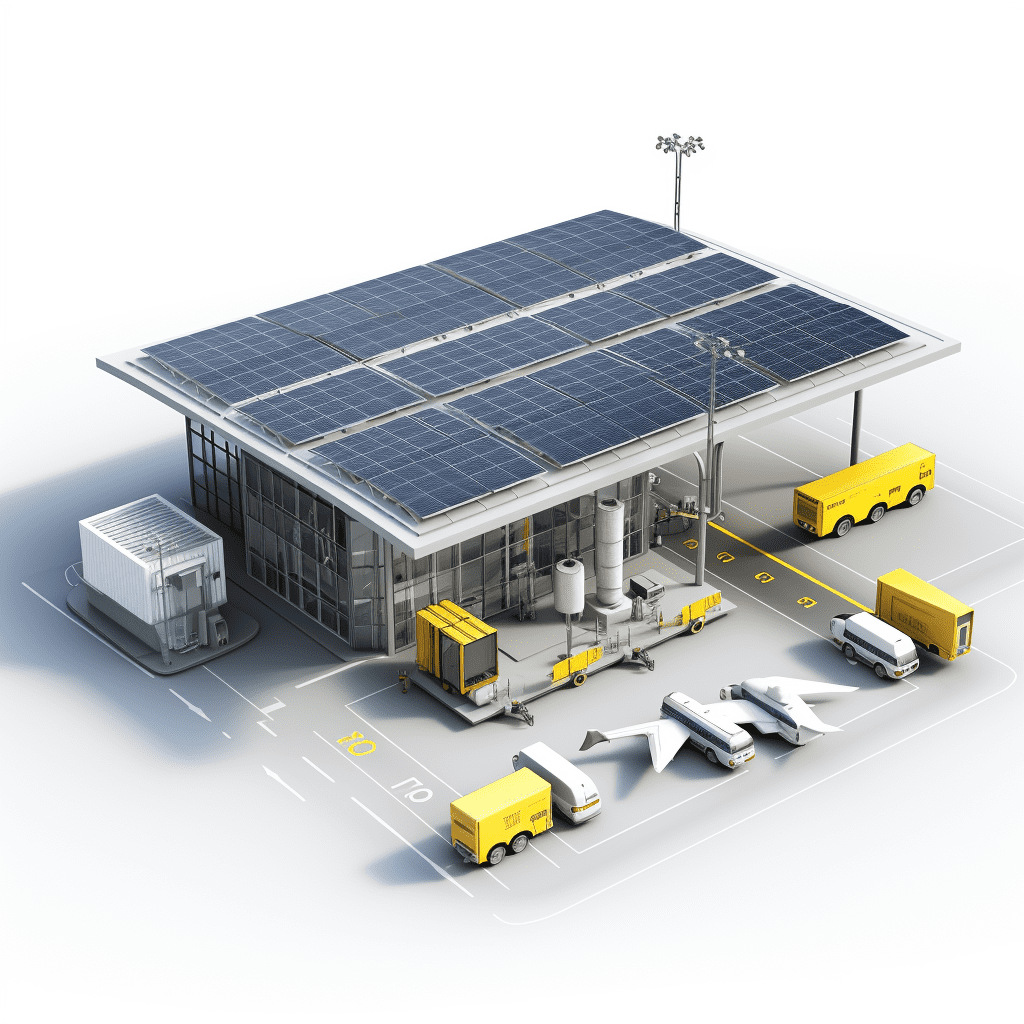Energy storage solutions are essential for ensuring a stable and sustainable energy grid in Slovenia, particularly as the country transitions towards renewable energy sources. These solutions help balance supply and demand, enhance grid reliability, and support the integration of intermittent renewable energy sources like wind and solar.
Why are Energy Storage Solutions Crucial for Slovenia’s Energy Grid?
Energy storage systems play a vital role in stabilizing the energy grid by storing excess energy generated during peak production times and releasing it during periods of high demand or low production. This capability is especially important in Slovenia, where the energy landscape is increasingly dominated by renewable sources. By implementing effective energy storage solutions, Slovenia can enhance grid resilience, reduce reliance on fossil fuels, and lower greenhouse gas emissions.
Chart: Benefits of Energy Storage Solutions
| Benefit | Description |
|---|---|
| Grid Stability | Balances supply and demand fluctuations |
| Renewable Integration | Supports the use of intermittent renewable sources |
| Emission Reduction | Decreases reliance on fossil fuels |
| Economic Efficiency | Lowers energy costs through optimized usage |
What Types of Energy Storage Technologies are Being Implemented in Slovenia?
Slovenia is exploring various energy storage technologies to enhance its grid capabilities:
- Battery Storage: Lithium-ion batteries are being deployed for their efficiency and rapid response times.
- Pumped Hydro Storage: Utilizing existing hydroelectric facilities to store energy by pumping water to higher elevations during low demand.
- Thermal Storage: Storing heat generated from renewable sources for later use.
These technologies are critical for managing the variability of renewable energy generation.
Chart: Overview of Energy Storage Technologies
| Technology | Description | Advantages |
|---|---|---|
| Battery Storage | Stores electrical energy in chemical form | Quick response, scalable |
| Pumped Hydro | Uses gravitational potential to store energy | Large capacity, long discharge times |
| Thermal Storage | Stores heat for later conversion to electricity | Cost-effective, enhances efficiency |
How is Slovenia Integrating Renewable Energy with Storage Solutions?
Slovenia’s approach to integrating renewable energy with storage solutions involves strategic planning and investment in infrastructure. The country aims to increase its share of renewables in the energy mix, which currently includes hydropower, wind, and solar. By coupling these generation sources with robust storage systems, Slovenia can ensure a more reliable supply of electricity.The government has initiated several projects that focus on smart grid technologies, which enable better communication between power producers and consumers, optimizing the use of stored energy.
What Challenges Does Slovenia Face in Energy Storage Implementation?
Despite the progress, Slovenia faces several challenges in implementing effective energy storage solutions:
- High Initial Costs: The upfront investment required for advanced storage technologies can be significant.
- Regulatory Hurdles: Existing regulations may not fully support innovative storage solutions.
- Public Awareness: There is a need for greater public understanding of the benefits and functionalities of energy storage systems.
Addressing these challenges will be crucial for the successful deployment of energy storage technologies.
How is Slovenia’s Government Supporting Energy Storage Initiatives?
The Slovenian government has recognized the importance of energy storage in achieving its climate goals and has implemented policies to support its development:
- Funding Programs: Financial incentives for research and development in energy storage technologies.
- Partnerships: Collaborations with universities and research institutions to foster innovation.
- Regulatory Frameworks: Developing policies that facilitate the integration of storage into the existing grid infrastructure.
These efforts aim to create a conducive environment for advancing energy storage solutions.
What Future Developments Can We Expect in Slovenia’s Energy Storage Sector?
Looking ahead, Slovenia is expected to see significant advancements in its energy storage sector:
- Increased Investment: More funding from both government and private sectors will likely accelerate technology adoption.
- Technological Innovations: Research into new materials and systems could lead to more efficient storage solutions.
- Expanded Capacity: As demand for renewable energy grows, so will the need for enhanced storage capabilities.
These developments will be essential for maintaining a sustainable and resilient energy grid.
FAQ: Common Questions About Slovenia’s Energy Storage Solutions
Q1: What are the main benefits of energy storage?
A1: The main benefits include improved grid stability, enhanced integration of renewable resources, reduced emissions, and economic efficiency through optimized energy usage.Q2: How does battery storage work?
A2: Battery storage systems store electrical energy chemically and release it when needed, providing quick responses to changes in demand.Q3: What role does government play in supporting these initiatives?
A3: The government supports initiatives through funding programs, partnerships with research institutions, and developing favorable regulatory frameworks.
Industrial News: Recent Developments in Slovenia’s Energy Sector
Recent news highlights Slovenia’s commitment to enhancing its energy infrastructure through innovative projects focused on sustainability. The government has announced new funding initiatives aimed at boosting research into advanced battery technologies. Additionally, collaborations with European partners are being formed to share best practices in integrating renewable energies with effective storage solutions. These efforts underscore Slovenia’s dedication to achieving its climate targets while ensuring a reliable power supply.
Redway Expert Insights
“Slovenia stands at a pivotal moment where investing in advanced energy storage solutions could redefine its entire energy landscape,” says Dr. Ana Novak, an expert in renewable energy systems. “By overcoming initial cost barriers and fostering public understanding, Slovenia can lead by example in sustainable practices within Europe.”



